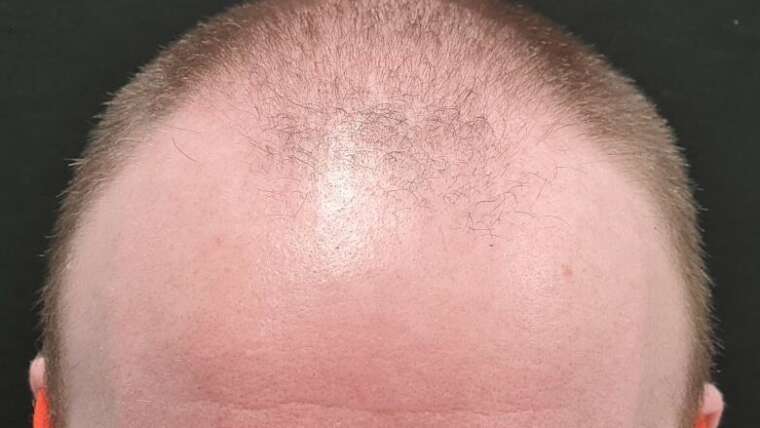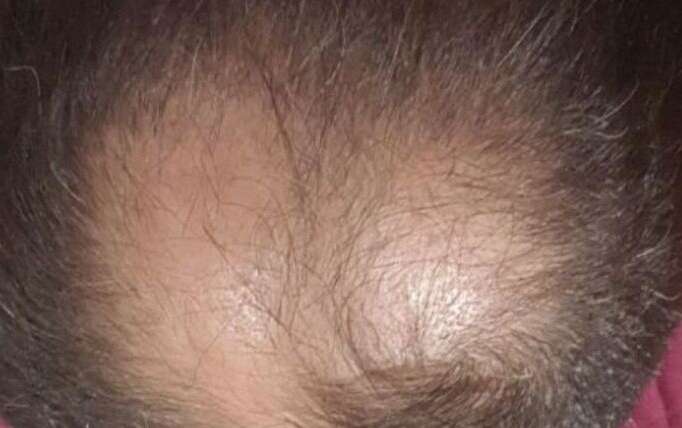Although hair transplantation is a relatively painless and safe procedure, it is still a surgery. Therefore it makes sense to wonder if there are any complications and risks.
The Golden Rule for fewer Complications after a Hair Transplant
Before referring to hair transplant and its possible complications, it is important to emphasize that there is a way to minimize risks from the beginning, right before the operation. Choosing the right specialized doctor to whom you will trust your hair restoration plays a key role.
An experienced doctor will proceed to clinical examination and diagnosis of your hair loss problem. In case the hair transplantation is decided he will make sure to inform you pre operatively about any possible risks and he will also let you know about post operative instructions in order to ensure a satisfactory result.
Hair Transplantation: Common Complications
1. Swelling (swelling): This is basically a normal skin reaction to the surgical trauma and the healing process and not a complication. Nevertheless with the appropriate less traumatic technique (FUE and implantation without reception holes), the safe application of the anesthetic solution and the appropriate post operative medication, swelling and post operative inflammation of the skin at the forehead is controlled in such a way that it is neither apparent nor perceptible to the others.
Some apparent swelling rarely appears localized in the middle of the forehead and even more rarely it reaches the eyelids. The operative technique and the doctor’s experience play a major role in the occurrence of these conditions.
2. Itching: It is again not a complication but a normal reaction of the skin to the very healing process. Itching goes away usually after a few days and rarely lasts for more than 2 weeks in which case anti-histamine tablets may be helpful.
3. Pain: After hair transplantation even after absorption and metabolism of local anesthesia, no official pain occurs. Mild headaches mainly due to stress and a feeling of tightness and tension in the head due to the procedure itself are the symptoms that may last for a few days. Paracetamol intake (such as Depon) can help satisfactorily. In very rare cases pain may occur in the nape area that can be treated with anti-inflammatory agents orally.
4. Infection: As in any surgical operation, so in a hair transplantation there may be skin infection that requires antibiotics orally. Infection of the skin (dermatitis) or the hair follicles (bursitis) can be prevented by the clinical evaluation of the scalp and its proper treatment pre operatively if necessary. Other important factors are hygiene of the scalp post operatively and implementation of all the post operative instructions.
The 7 Most Important Instructions After a Hair Transplant
1. Take the post op medication prescribed by your doctor and limit the consumption of coffee, black tea, cigarettes and alcoholic beverages for the first ten days after surgery.
2. Be sure to spray the implanted area frequently with saline solution starting immediately after the procedure and for the following two days. During this period the hygiene of the skin is maintained as the implants can get properly stabilized in their position and get properly hydrated so that the formation of hard scabs is avoided.
3. Wash your head on the third postoperative day with lukewarm running water using a mild shampoo without parabens, salts and chemicals (baby type). The bathing procedure is done according to the doctor’s instructions, twice a day for the first week.
4. Sleep in the position indicated to you by your doctor so that the head does not come in contact with your pillows or your bed covers.
5. No physical exercise is allowed for the first ten days post operatively. The next ten days mild physical exercise is allowed while in twenty days there no more exercise restrictions.
6. Avoid long-term direct sun exposure for three months post operatively and do not forget to wear a quite loose hat, which is allowed preferably once head shampooing has started.
7. Inform your doctor immediately about anything that troubles you or any unforeseen conditions that may occur postoperatively.



